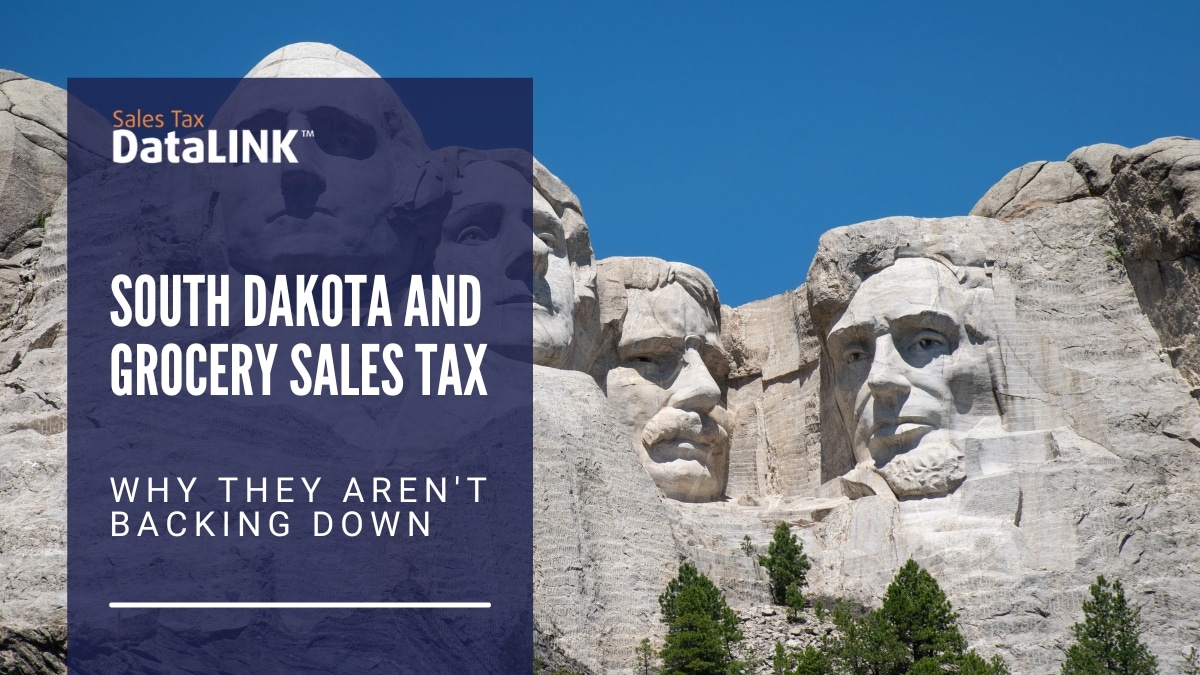South Dakota stands among the select few states in the Union where groceries face the same sales tax rates as other goods. Despite recurring discussions in legislative sessions, proposals aiming to diminish or eliminate the grocery sales tax have yet to gain approval. It’s worth noting that essential items like clothing and medicine also remain subject to sales tax in South Dakota. Recognized as a low-tax state, South Dakota heavily relies on sales tax, which contributes to approximately 60% of the state’s revenue, given its stance on maintaining lower income and property taxes.
Regressive sales tax
Sales tax tends to be regressive, and South Dakota is known for its regressive taxes already. The Institute on Taxation and Economic Policy reported that the poorest 20% of South Dakotans, who earn $20,000 or less per year, pay 11.3% of their income in taxes each year. The wealthiest 1% of South Dakotans, averaging $1.5 million per year in income, pay 1.8% of their income in taxes. The institute lists South Dakota as #4 among tax-regressive states.
Taxes on food increase food insecurity in poor households since sales tax has to come out of a limited food budget. The money from that budget which is spent on sales tax is money not spent on food. Those who favor keeping the sales tax on food say that it is actually fair. Poorer people, they point out, may not have to pay income or property taxes, but everyone pays sales tax. A carton of milk has the same cost for all South Dakotans, rich or poor.
They also point out that luxuries and ordinary goods have the same tax rates. A $100 restaurant meal in South Dakota has the same $104 cost as a $100 grocery order. Odd sales tax arrangements like higher taxes on a sliced bagel than an unsliced one do not happen in South Dakota.
South Dakota was a key player in the 2018 Supreme Court South Dakota vs. Wayfair decision that allowed states to collect sales tax from online sellers. Some advocates for reducing the sales tax on groceries suggested replacing that revenue with sales tax collections from online sellers.
However, those who wanted to maintain the current sales tax structure said that the state as a whole would be harmed by an end to sales tax on groceries. They believe that keeping the state solvent will benefit poorer residents in the long run — and that it requires the continued collection of sales tax on groceries.
Do you sell goods in South Dakota?
If you sell goods in South Dakota, you might not have realized that groceries are taxed along with other goods. South Dakota requires remote sellers to collect and remit sales tax if they have $100,000 in gross annual sales and at least 200 transactions in the state. Every state has its own requirements, and jurisdictions within states often have their own additional regulations.
Keeping track of sales tax rates and regulations has become overwhelming for business owners.
SalesTaxDataLINK sales tax calculation software gives you accuracy at an affordable price. We can also take on the whole sales tax compliance process for you. Call 479-715-4275 to learn more.




